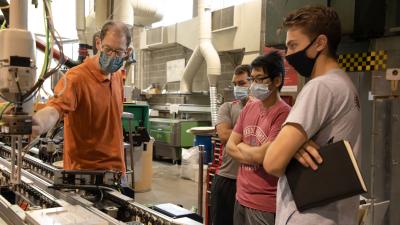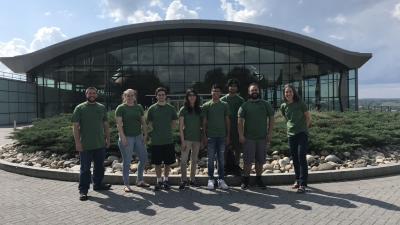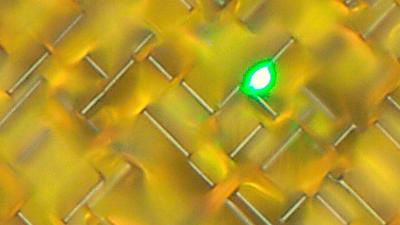App Developed at Rensselaer Can Help Guide COVID-19 Management on Any Campus
In the midst of the COVID-19 pandemic, as Rensselaer leaders prepared to bring students back to campus for the fall 2020 semester, they relied on a powerful algorithm to determine a testing schedule that, along with other tools, has helped maintain a safe environment on campus. That algorithm is now publicly available as a free online app.









